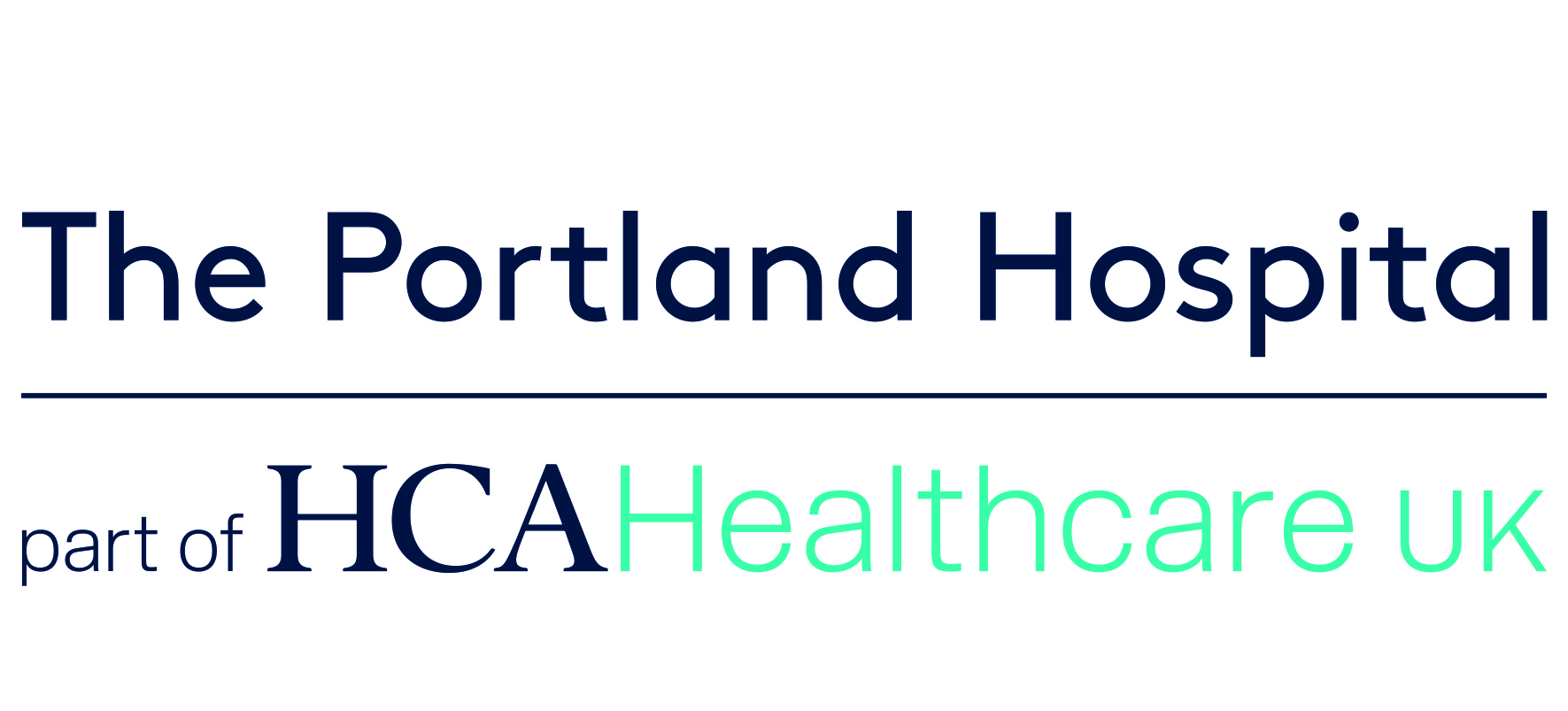
Drinking alcohol may affect an unborn baby as some alcohol will pass through the placenta. Alcohol may increase the chance of miscarriage and cause other foetal damage. The Royal College of Obstetricians and Gynaecologists (RCOG) used to say that it was acceptable to drink a couple of glasses of wine (or an equivalent number of units) per week. However, the RCOG has revised this advice and in February 2015 made an announcement that there is no proven amount of alcohol that is safe for the developing foetus. This advice is in line with previous National Institute for Health and Care Excellence (NICE) recommendations, which recommends no alcohol, particularly in the first trimester of pregnancy. Abstinence or avoiding alcohol is the only way to be certain that your developing baby or foetus is not harmed.
Pregnant women often worry that they have drunk alcohol before they knew they were pregnant. Luckily pregnancy tests today give women a positive test very early in the pregnancy. If you are concerned talk to your doctor or midwife and don’t be embarrassed – this is a question they get asked on a daily basis by newly pregnant women.
This is an umbrella term used to describe a range of effects – physical, mental, behavioural – that can occur in a baby whose mother drank heavily during pregnancy. These disorders can have a lifelong impact on a child’s development and may even affect a child’s facial features in incidences of high levels of alcohol intake.
For a list of useful contact details for The Portland Hospital, please click HERE.
